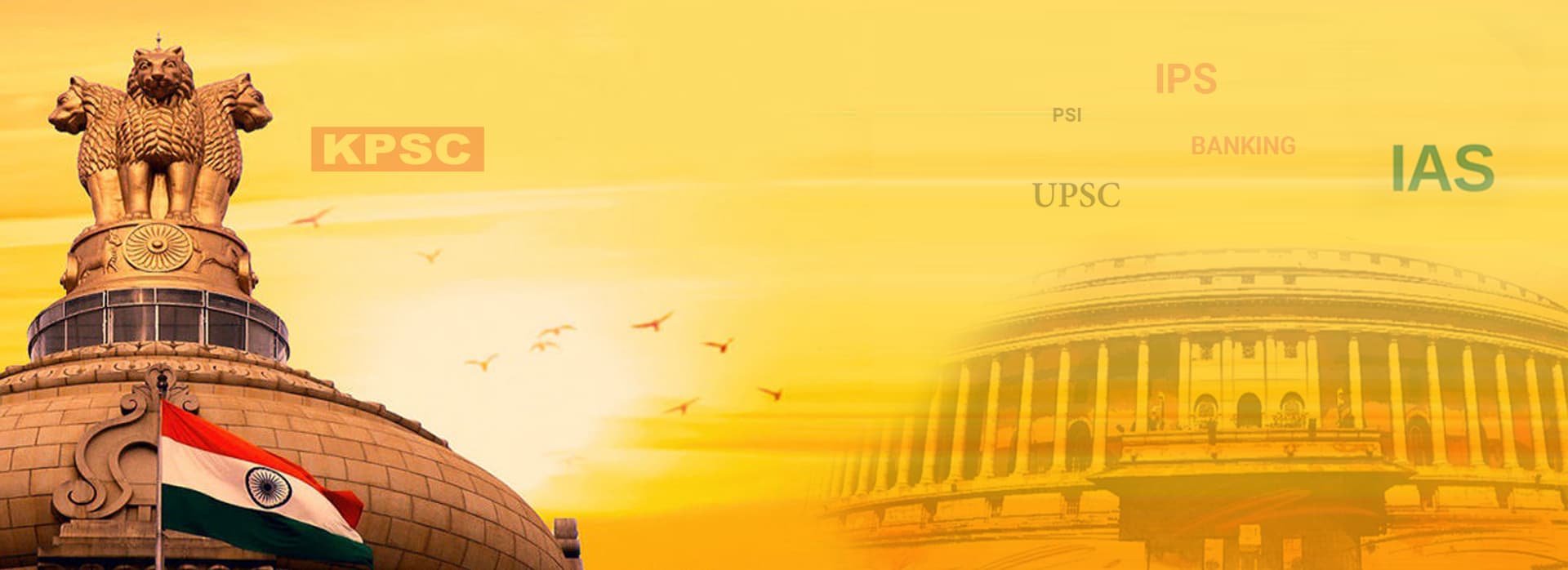Guardians of Democracy: Supreme Court’s Tamil Nadu Verdict and the Reaffirmation of Federalism
Syllabus:
GS – 2- India and the type of federalism , Centre – State relations
Focus :
- Top of Form
The Supreme Court’s April 8, 2024 judgment in the Tamil Nadu Governor case is a defining moment for Indian federalism. It reaffirms the constitutional principle that neither elected nor unelected individuals can obstruct the functioning of a democratically elected government. The judgment provides clarity on the roles of Governors, strengthens legislative autonomy, and upholds the democratic will of the people.

Introduction: A Historic Judgment for the Republic
- On April 8, 2024, the Supreme Court delivered a landmark judgment in State of Tamil Nadu
vs. The Governor of Tamil Nadu and Another.
- The case revolved around the Governor’s prolonged inaction on 10 bills passed by the Tamil Nadu Assembly.
- This judgment is a milestone in strengthening Indian federalism and limiting the discretionary power of unelected constitutional functionaries like Governors.
Constitutional Background: Vision vs. Operation
Constitution as a Vision Document
- The Indian Constitution was envisaged by the founding fathers as a living document.
- It is designed to guide governance principles rather than serve as a rigid procedural manual.
- Over time, constitutional interpretation has evolved through:
- 100+ amendments
- Judicial pronouncements (e.g., Kesavananda Bharati, S.R. Bommai)
The “Union of States” Framework
- India is defined as a “Union of States,” underlining the federal character of governance.
- Federalism requires equitable distribution of power between Union and State governments.
- Governors act as bridge figures, but recent trends show their role has become contentious.
Centralisation and Political Obstruction Since 2014
Trends of Central Overreach
- Since 2014, the Union government has often used Governors as instruments of central influence.
- Especially in Opposition-ruled states, Governors have interfered in legislative and administrative affairs.
- This includes blocking bills, delaying assent, and refusing to convene assemblies.
The Role of Partisan Governors
- Appointments of Governors with overt political affiliations has undermined the neutrality of the office.
- Cases include:
- Kerala: Legal battle between state and Governor
- Punjab: Governor blocked Assembly session, later ruled illegal by SC
Tamil Nadu’s Case: The Core Dispute
The 10 Bills in Abeyance
- The Tamil Nadu Governor withheld assent to 10 bills over several years, some dating back to 2020.
- One of the earliest was an AIADMK-era bill renaming the Fisheries University after J Jayalalithaa.
- The bills primarily related to university administration, crucial during post-COVID recovery.
Inaction as Obstruction
- The Governor neither returned the bills with objections nor gave assent.
- This created a legislative impasse and stalled university functioning.
- The tactic resembled a “pocket veto”, which is not a recognized constitutional mechanism in India.
Legal Strategy and Moral High Ground
MK Stalin’s Bipartisan Decision
- Tamil Nadu CM MK Stalin re-passed all 10 bills verbatim, regardless of which party had introduced them.
- This avoided the ambiguity of amended bills, which can be re-evaluated by the Governor.
- By treating this as a matter of constitutional principle, Stalin strengthened the State’s legal position.
Significance of Verbatim Re-passing
- The Supreme Court made a key distinction:
- Identical bills: Withholding assent after re-passing is unconstitutional.
- Amended bills: Can still be subject to assent/refusal.
- The CM’s move ensured procedural compliance and placed the onus on the Governor.
Judicial Innovation Under Article 142
Deeming Assent: Extraordinary Remedy
- The Supreme Court invoked Article 142 to deem the 10 bills assented from the date they were re-passed.
- Article 142 allows the Court to pass any decree necessary for “complete justice.”
- This was used to break the deadlock and prevent administrative misuse from derailing the legislative process.
Criticisms and Justifications
- Some constitutional purists argue this blurs the line between judiciary and executive.
- However, the Court justified its actions based on:
- Deliberate delay by the Governor
- Procedural evasion tactics (e.g., returning photocopies)
- Attempts to render the case infructuous
Defining Timeframes: A Constitutional Milestone
Articles 200 and 201: A Grey Area
- Article 200 outlines the Governor’s options:
- Assent
- Withhold assent
- Reserve for the President
- Return for reconsideration
- Article 201 provides for presidential assent when a bill is reserved.
Landmark Clarification
- The judgment sets explicit time limits for gubernatorial and presidential decisions.
- Previously, these articles were exploited due to their vagueness—only 10 lines of constitutional text.
- With timeframes now established, Governors cannot stall indefinitely.
Comparative Analysis: Other Historic Judgments
Kesavananda Bharati (1973)
- Established the “Basic Structure Doctrine”—no constitutional amendment can violate basic principles.
- The Tamil Nadu verdict upholds federalism and democratic governance as part of that basic structure.
S.R. Bommai (1994)
- Clarified the scope of Article 356 and President’s Rule.
- Strengthened the idea that elected state governments cannot be dismissed arbitrarily.
- The current judgment builds on these principles.
Electoral Bonds Case vs. Tamil Nadu Verdict
- Though the electoral bonds ruling was significant in curbing opaque funding, it failed to address consequences or penalise violations.
- In contrast, the Tamil Nadu ruling provided immediate constitutional remedy and institutional reform.
No Absolute Veto: Limiting the Power of the Unelected
No Room for “Pocket Veto”
- The Court explicitly ruled that Governors and the President do not possess:
- Absolute veto
- Indefinite delay (pocket veto)
- These principles are vital in preventing arbitrary blocking of legislative will.
Judicial Review is Applicable
- Actions (or inaction) of the Governor/President are subject to judicial scrutiny.
- This upholds the constitutional principle that no authority is above the law.
- It reaffirms democratic accountability of unelected offices.
Philosophical Undercurrent: A Return to Republican Values
The Irony of Postcolonial Governance
- The idea that an unelected Governor could block laws indefinitely contrasts with the principle of people’s sovereignty.
- Ironically, the British monarch has less power than the Indian Governor under past interpretations.
Founding Fathers’ Vision
- India’s founders aimed for a Republic based on popular will, not executive fiat.
- Unelected officials are custodians, not gatekeepers of democracy.
Implications for the Future
For Federal Relations
- A significant step toward cooperative federalism.
- States can now legislate without fear of arbitrary obstruction.
- Encourages robust centre-state dialogue.
For Governance and Institutions
- Enhances institutional accountability and integrity.
- May influence the selection and training of Governors.
- Likely to affect how bills are processed and tracked in legislative systems.
For the Citizenry
- Reinforces the value of their vote.
- Ensures that laws passed by their representatives are not discarded or delayed capriciously.
Conclusion: A Victory for All Citizens and States
- The Supreme Court’s verdict is not just a win for Tamil Nadu, but for all Indian states and citizens.
- It marks a return to constitutional morality, transparency, and democratic accountability.
- As global tensions rise and federal structures are strained worldwide, this judgment charts a path for India to emerge as a model of democratic resilience.
Associated Article
Mains UPSC Question
GS 2
- “The recent Supreme Court judgment in the Tamil Nadu Governor case is being hailed as a milestone in the evolution of Indian federalism. Discuss how this judgment reinforces the principle of parliamentary democracy, ensures accountability of constitutional authorities, and curbs central overreach into State affairs.”(250 words).




